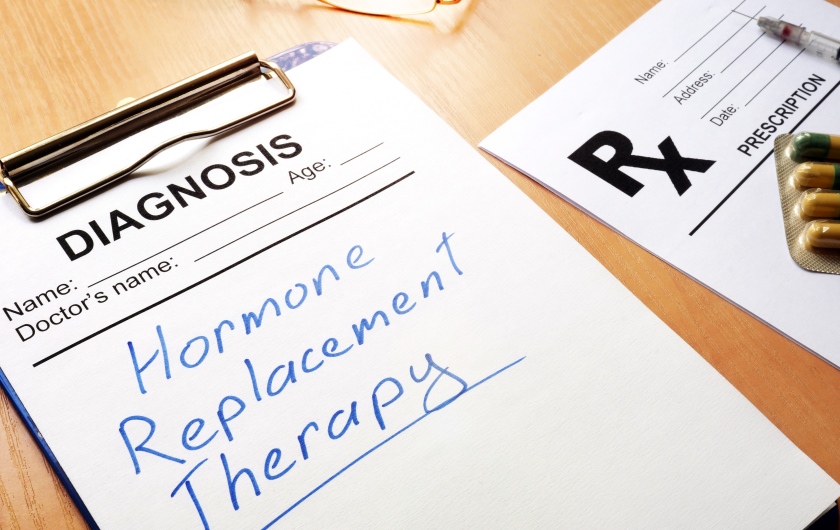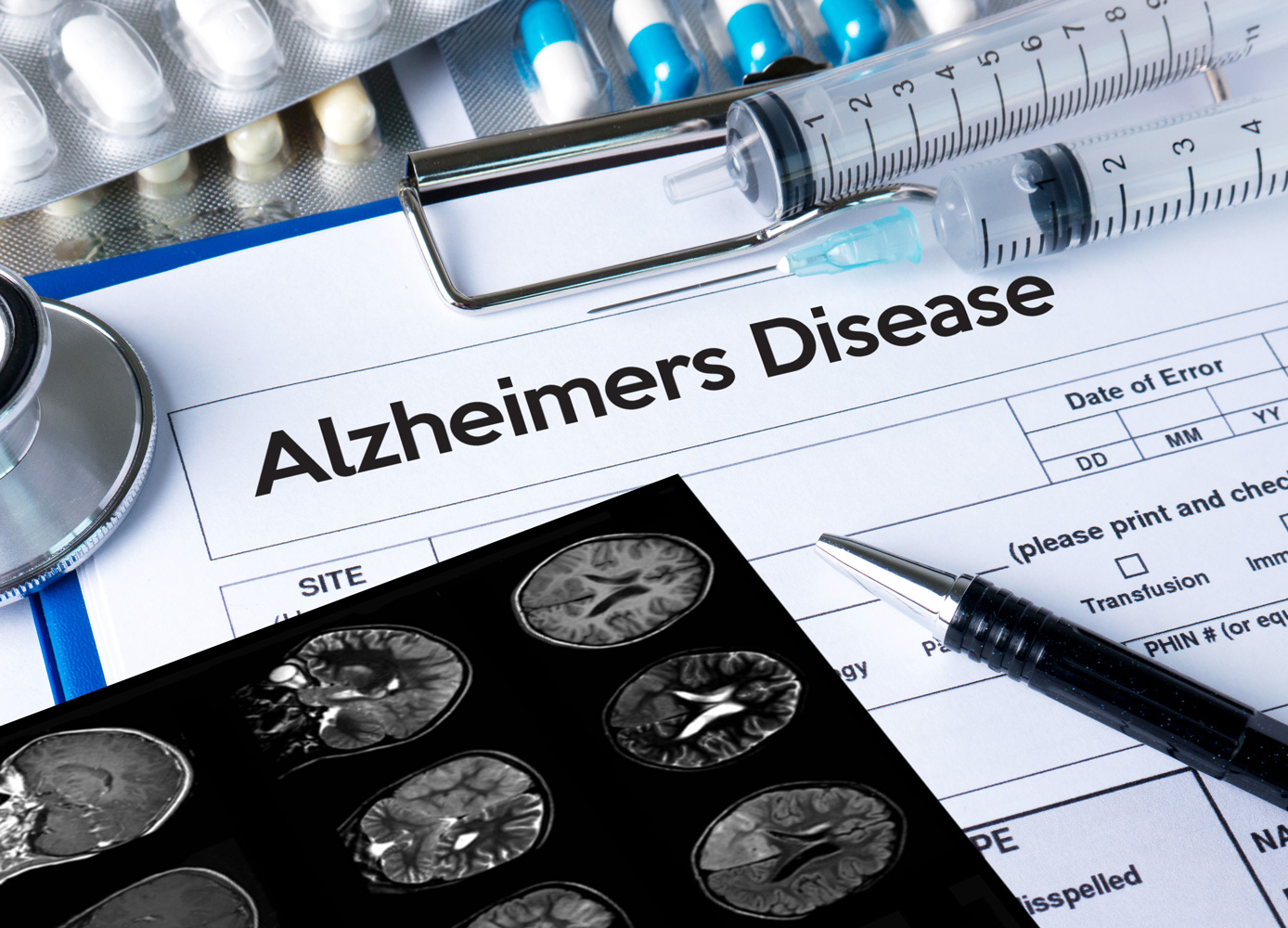Women have no reason to worry about a study linking HRT to Alzheimer’s disease, doctors say
By Jennifer Hughes
Photo: iStock/designer491.
Many recent reports of a study linking long-term hormone replacement therapy (HRT) to an increased risk for Alzheimer’s disease failed to put things into proper perspective, according to British doctors. The risk is extremely low, the doctors said, and women shouldn’t be worried.
HRT is a treatment prescribed to many women to ease menopausal symptoms, such as hot flashes, mood swings, insomnia, and night sweats. It has also been shown to reduce the risk for colon cancer, protect women against osteoporosis, and improve brain function.
The study in question, results of which were published in the journal The BMJ, looked at 170,000 women in Finland between 1999 and 2013 and found an increased risk for Alzheimer’s disease in women who had been taking HRT for more than 10 years. The increase, however, amounted to 9% to 17%—nine to 18 additional cases a year per 10,000 women aged 70 to 80.
The Royal College of GPs issued a statement pointing out that the results were derived from an observational study—one that can find correlations but not demonstrate cause and effect—and therefore do not provide any solid evidence that HRT causes Alzheimer’s; other factors that weren’t identified might have affected the results. Women should therefore continue using HRT as usual, the doctors said.
This isn’t the first time women have been unnecessarily alarmed about HRT. In 2002, a study by the US National Institutes of Health prematurely stated that HRT increased the risk for blood clots, stroke, and breast cancer. However, the study misapplied the findings of younger women, who had a higher but still relatively small risk, and caused unnecessary worry among many women using HRT.
Women “do not need to be made fearful of making a decision that makes a huge improvement in quality of life,” Dr. Jennifer Blake, the CEO of the Society of Obstetricians and Gynaecologists of Canada, told the media at the time.






